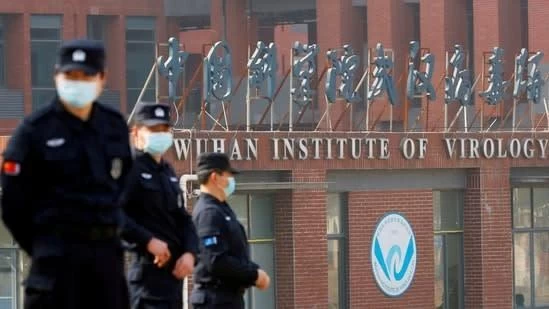Beijing: China has hit back at the United States over investigation into the origin of the coronavirus disease (Covid-19) pandemic. Zhao Lijian, spokesperson of China's Ministry of Foreign Affairs, said on Monday that if labs are to be investigated, the World Health Organization (WHO) officials should go to Fort Detrick.
"If labs are to be investigated, then the WHO experts should go to Fort Detrick. The US should act transparently & responsibly as soon as possible and invite WHO experts for an inquiry into the Fort Detrick lab. Only in this way can truth be revealed to the world," Zhao said on Twitter.
The tweet was in response to calls for a second round of investigation in Covid-19 origin. Fort Detrick is a military base located in Frederick, Maryland.
The WHO said earlier this month that a second stage of the international probe should include audits of Chinese labs, amid increasing pressure from the US for an investigation into Wuhan Institute of Virology.
The proposal outlined by WHO chief Tedros Adhanom Ghebreyesus included "audits of relevant laboratories and research institutions operating in the area of the initial human cases identified in December 2019".
Reacting to it, China's vice health minister Zeng Yixin said that he was "extremely surprised" by the plan, which he said showed "disrespect for common sense and arrogance towards science".
Beijing has repeatedly insisted that a leak from one of its laboratories would have been "extremely unlikely", citing the conclusion reached by a joint WHO-Chinese mission to Wuhan in January. The WHO has accused China of not sharing the important raw data during the first phase of the investigation.
The theory that the virus leaked from a Chinese laboratory has gained momentum in the last few months.
Earlier, Chinese tabloid Global Times said it had collected five million signatures from the country's internet users on a petition to investigate the US lab.


